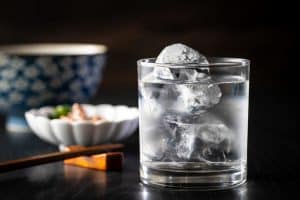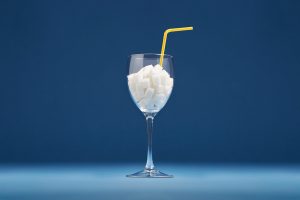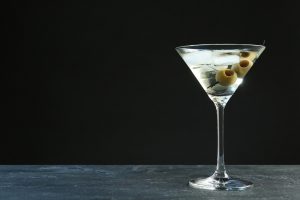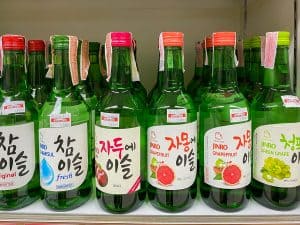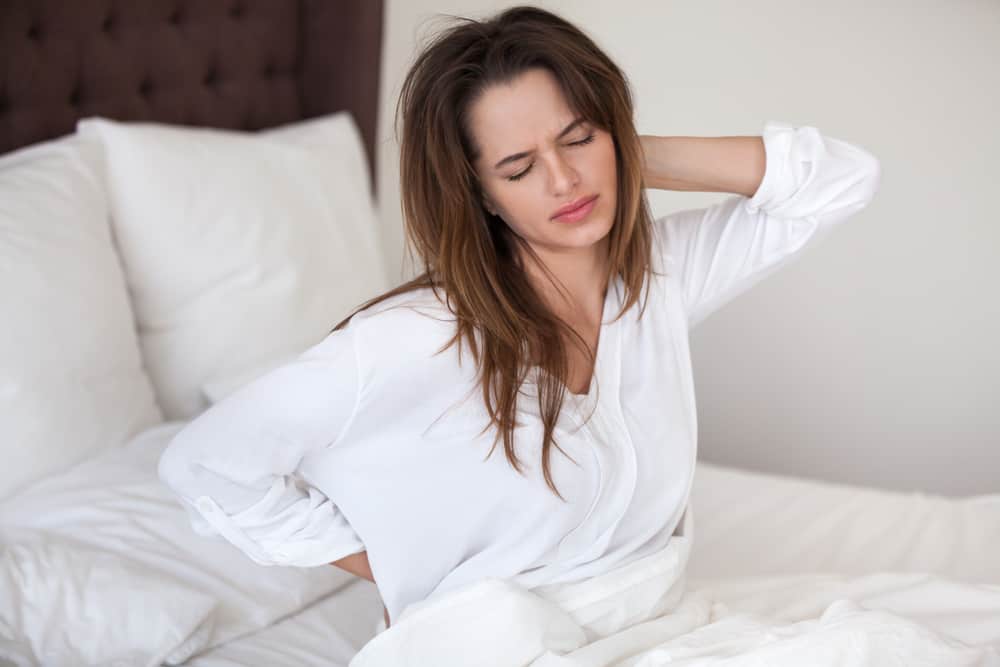
Perhaps you had a boys’ or girls’ night out and had a few too many. The next morning, you started to have worse than the usual headache. Your muscles ache, and you wonder whether it is even alcohol. Well, it most certainly is.
Muscle soreness is a symptom of a hangover not many people know about. It’s usually so severe that you wonder if you were hit by a bus. So why does your body ache when you drink alcohol?
Multiple factors contribute to body ache after drinking alcohol. Some of them include dehydration, increased inflammation, electrolyte imbalance, and alcohol degradation in the body.
Let’s look at these symptoms in detail to understand better how alcohol affects the body.
Dehydration

But you were consuming liquid last night, how could you possibly be dehydrated?
I know it sounds crazy, but it’s science. Alcohol decreases the body’s ability to produce ADH (a hormone the kidney uses to reabsorb water). The lack of ADH causes you to lose more fluids through urination. This explains why you constantly have to pee.
Also, our muscles are made up of nearly 79% water. Alcohol dehydrates and tightens our muscle cells; hence the body aches. In other words, alcohol displaces water from your body, leaving your muscles dry. This causes soreness in your muscles and joints after consuming large amounts of alcohol.
Increased Inflammation

Your body usually experiences inflammation when it’s fighting infection or injury. It’s one of the ways our bodies heal. However, the body can attack itself without infection or injury.
One of such times is after consuming large amounts of alcohol. Studies have shown that heavy drinking increase inflammation in the body. And a sign of inflammation is muscle cramps.
Although it usually depends on your body’s ability to metabolize alcohol and its byproducts, signs of inflammation you should take note of include swelling, redness, and pain.
Here’s a breakdown of how alcohol can cause inflammation in the body. Alcohol slows down the nervous system, and as explained earlier, it causes frequent trips to the bathroom. Dehydration makes it difficult for the body to combat injury and infection, thereby increasing inflammation.
Electrolyte Imbalance
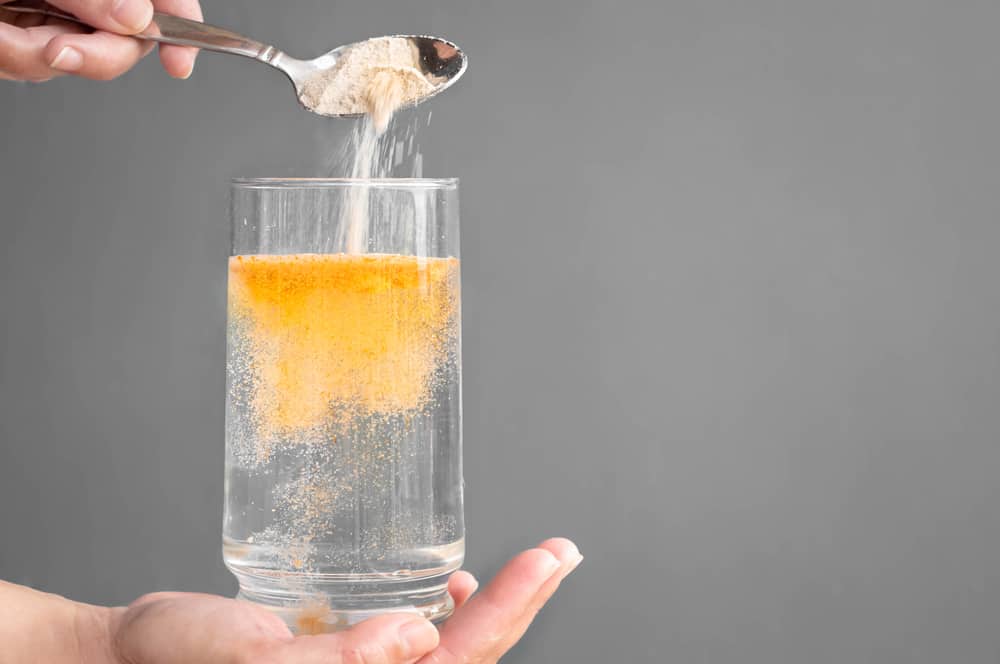
Excessive urination, vomiting, and other symptoms of excessive alcohol consumption can cause your body to lose electrolytes. Electrolyte imbalance may be the most significant cause of headaches and muscle soreness. Our bodies use electrolytes to balance hydration and pH levels and maintain muscle function.
Alcohol causes an electrolyte imbalance in three ways, it increases fluid loss, increases electrolyte excretion, and dilutes existing electrolytes in the body. Your kidney works so hard to balance your electrolytes, but alcohol disrupts the process.
On fluid loss, alcohol increases how much fluid you urinate. The fluids contain electrolytes depending on your starting hydration status and how much water the alcohol you’re drinking contains.
If you pee out too many electrolytes, your blood sodium levels rise too high, resulting in common hangover symptoms like dizziness and muscle soreness. Let’s not forget sweating and vomiting. They are also ways you can lose electrolytes.
Secondly, alcohol consumption increases the excretion of electrolytes like magnesium, calcium, and sodium. Every single glass of alcohol you consume can cause acute magnesium loss. A study discovered that two glasses of wine (30ml ethanol) made the tested subjects excrete 167% more magnesium on average, 32% more sodium, and 89% more calcium.
Lastly, consuming alcohol dilutes the sodium in your blood if the alcohol contains a high volume of water — for example, beer. Beer often contains about 560ml of water but only 14mg of sodium. Drink too much beer, and you’ll dilute your blood sodium. Then alcohol’s diuretic effect will make you lose water.
Alcohol Degradation in the Body
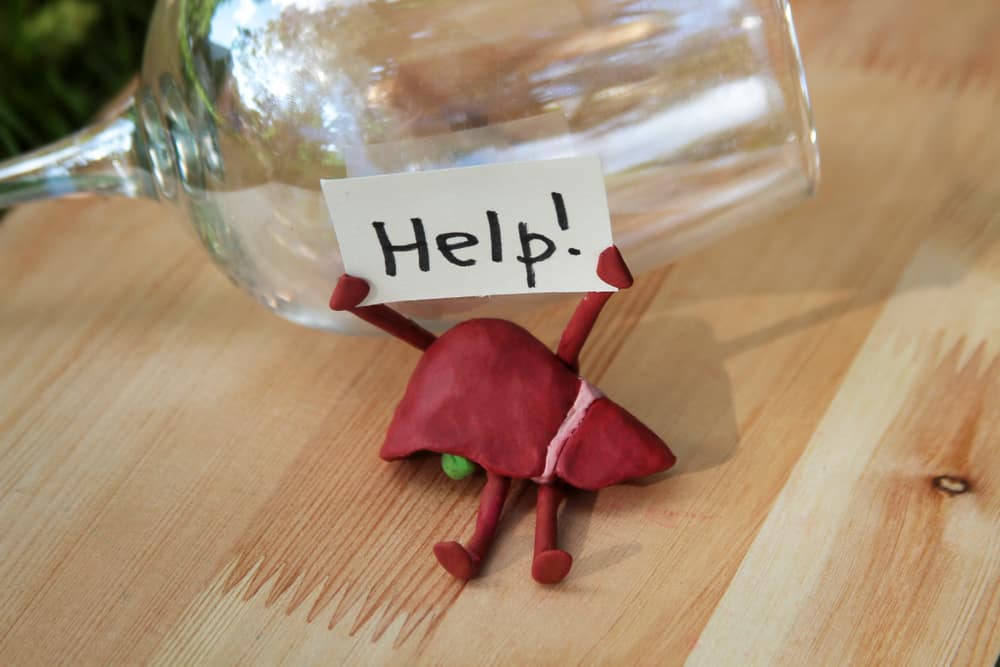
When you consume alcohol, it’s not digested like food. It’s absorbed directly into your bloodstream through your stomach lining and small intestine.
Food
Food can be an obstruction to the breakdown of alcohol in your body. Food in the stomach hinders the alcohol from coming in contact with your stomach lining, thereby obstructing it from entering the bloodstream through the stomach wall.
Food also blocks the duodenum—an upper portion of the small intestine—and this prevents the alcohol from passing quickly into your small intestine to be metabolized.
The longer alcohol stays in your stomach, the slower it gets metabolized, and you experience the effects slower. So you understand why explaining the role food plays was necessary.
Some high-protein foods like yogurt and salmon slow alcohol absorption. Bananas and avocados also replenish electrolytes like potassium you might lose after drinking.
The Detoxification Process
Next, alcohol in your bloodstream is transported to your body organs. This only takes a few seconds in healthy people. In other words, alcohol affects your brain and other organs in such a short time.
Also, alcohol penetrates all the tissues of your body except bone and fat; and the effects of alcohol consumption vary according to body composition, sex, amount of alcohol consumed, food present, and the ability of the liver to produce enzymes to metabolize the alcohol.
The body sees alcohol as a toxin to be neutralized or eliminated. About ten percent of alcohol is eliminated through sweat, urine, and breath. Exercise doesn’t cure a hangover, but it releases feel-good hormones and increases alertness.
The liver is solely responsible for the detoxification of alcohol in your body. But each time your liver filters alcohol, some liver cells die. Yes, it can develop new cells, but prolonged alcohol consumption can reduce its regeneration ability and cause permanent liver damage.
The whole detoxification process is the hangover you experience. Typical hangover symptoms include fatigue, weakness, muscle aches, nausea, stomach pain, irritability, sensitivity to light and sound, sweating, and increased blood pressure.
Takeaway
Now that you know why your muscles are sore when you drink alcohol, you should know the best ways to cure your hangover. Over-the-counter anti-inflammatories like Aspirin and Ibuprofen effectively relieve headaches and muscle pain caused by hangovers. Finally, drink plenty of water to rehydrate.




